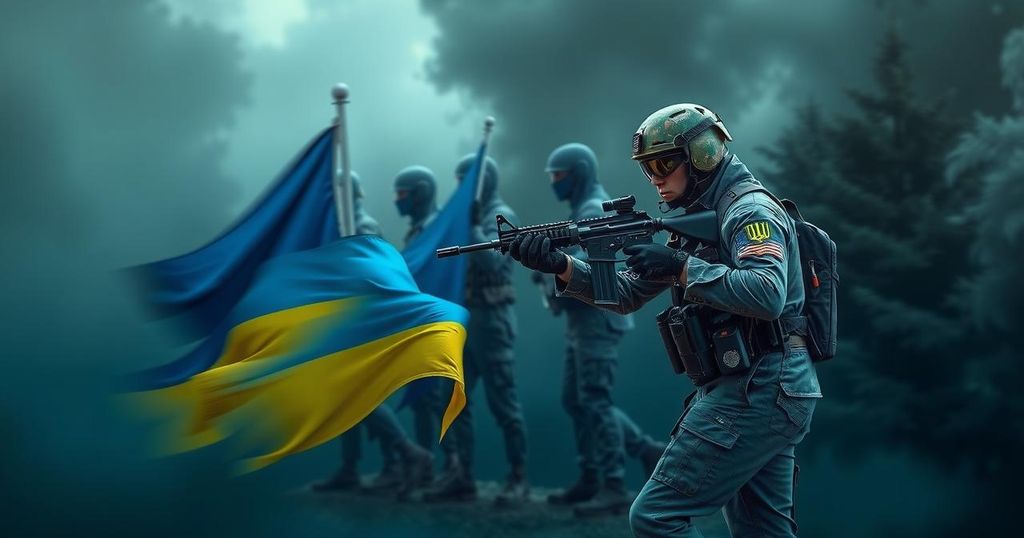Shifting Dynamics: North Korean Troops and Trump’s Election Influence Ukrainian Crisis
The involvement of North Korean troops and the election of Donald Trump have dramatically shifted the dynamics of the Ukrainian crisis, marking a notable military expansion and altering U.S. foreign policy. These changes present both risks and opportunities for peace negotiations, prompting a reassessment of strategies employed by involved nations.
Two pivotal events are reshaping the Ukrainian crisis: firstly, the recent deployment of North Korean troops in support of Vladimir Putin’s military efforts in Ukraine, and secondly, the election of Donald Trump to the U.S. presidency. The arrival of at least 10,000 North Korean soldiers, complemented by substantial military aid from Pyongyang, symbolizes a notable shift in the conflict’s dynamics, marking the first East Asian military involvement in a European war since the Mongol invasions. This development signals a substantial internationalization of the conflict, prompting President Emmanuel Macron to label it a “rupture.” In response, President Joe Biden has adjusted U.S. military support, allowing Ukraine to utilize ATACMS long-range missiles to strike Russian targets. Although this decision arrived late, it signifies deeper American engagement and potentially involves allies like the United Kingdom and France providing similar military capabilities to Ukraine. The emergence of Trump as the incoming president introduces a promising yet precarious phase in diplomatic negotiations relating to Ukraine. Trump expressed a commitment to resolving the conflict during his campaign, a stance anticipated by Ukrainian President Volodymyr Zelensky. In a congratulatory message to Trump, Zelensky highlighted his admiration for the concept of “peace through strength,” a principle advocated by Trump’s former national security adviser, Robert O’Brien. O’Brien criticized the Biden administration for its hesitant military support while suggesting that a Trump administration might pursue a negotiated settlement that would stabilize Ukraine’s security while fostering European financial contributions for military aid. This new alignment ushers in a dual opportunity and risk, as involved parties seek to redefine their strategies concerning the conflict in Ukraine.
The ongoing crisis in Ukraine has suffered escalations involving various international powers and has led to increased geopolitical tensions, particularly in Europe. The introduction of North Korean troops marks a significant shift in the historical narrative of foreign interventions in warfare, altering traditional perspectives on East-West military engagements. Concurrently, Donald Trump’s election has raised questions about future U.S. foreign policy toward Ukraine. His approach, which may focus on balancing military support and diplomatic overtures, could dramatically influence the ongoing conflict dynamic and negotiations.
The recent activation of North Korean troops in support of Russia and Donald Trump’s upcoming presidency represent significant turning points in the Ukrainian crisis. These developments not only alter the existing military engagements but also open new avenues for potential diplomatic resolutions. The interplay between military assertiveness and the prospect of negotiations heralds a complex, yet pivotal, period in the quest for stability in Ukraine.
Original Source: www.lemonde.fr




Post Comment